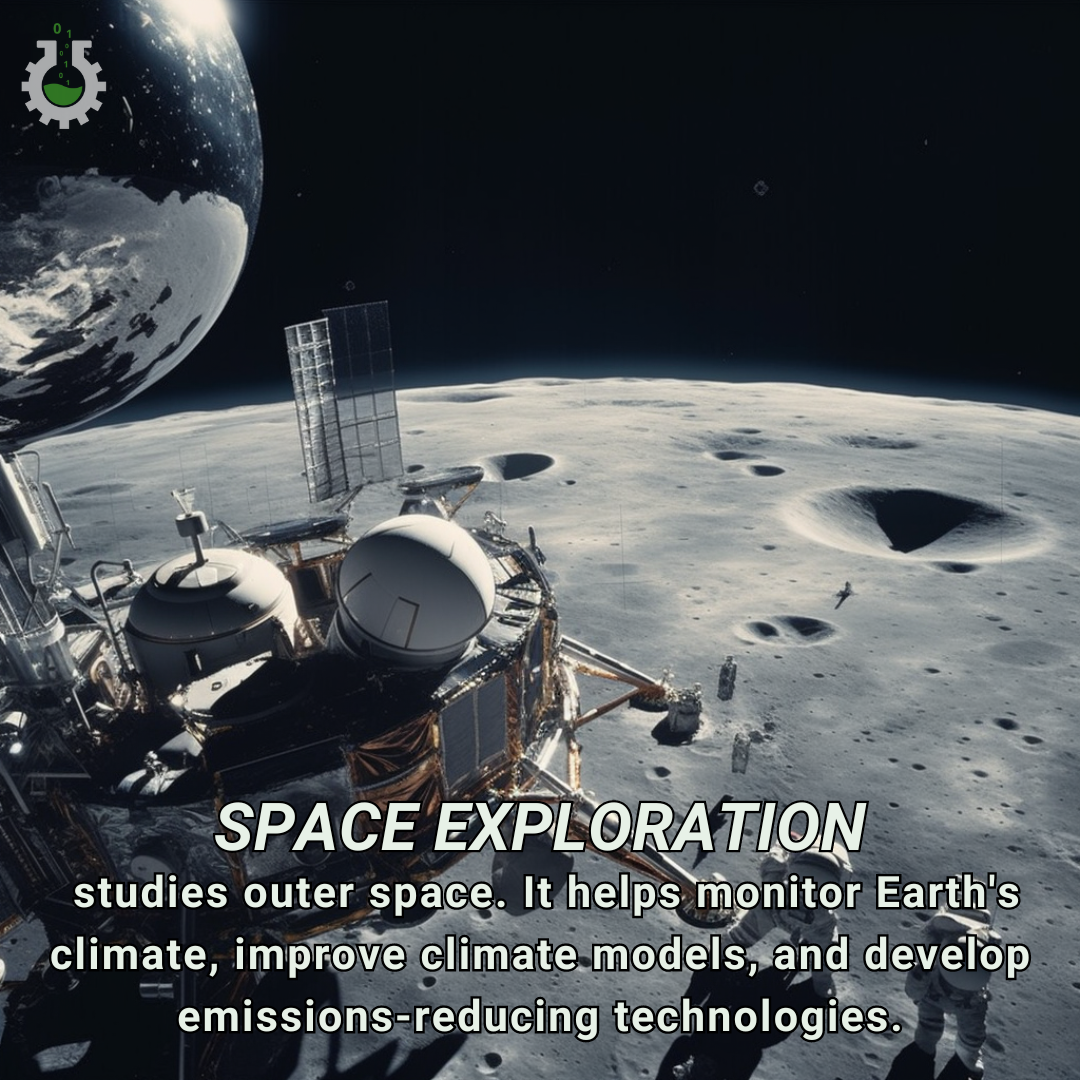July 19, 2024
Climate Change Poster Collection of the Day – Space Exploration
Book a Demo
Today’s Climate Change Poster Collection highlights Space exploration, the endeavor to explore outer space and understand the cosmos, has significantly advanced our knowledge of the universe and our own planet. Initially driven by the desire to push the boundaries of human capability and curiosity, space exploration has evolved to become a critical tool in addressing some of the most pressing challenges facing humanity today, including climate change. The advent of space exploration has revolutionized our understanding of Earth’s climate, providing a unique vantage point to observe and analyze the intricate systems that govern our planet’s weather and atmospheric conditions. Satellites orbiting Earth have become indispensable tools in monitoring climate change, offering real-time data on sea level rise, polar ice melt, deforestation, and greenhouse gas concentrations. These space-borne instruments allow scientists to track changes with unprecedented precision, facilitating the development of more accurate climate models and forecasts. For example, NASA’s Earth Observing System (EOS) satellites provide comprehensive data that help scientists understand the Earth’s climate systems and predict future changes. The European Space Agency’s (ESA) Sentinel satellites, part of the Copernicus program, deliver high-resolution imagery and data on land use, ocean currents, and atmospheric conditions, further enriching our understanding of climate dynamics.
Beyond data collection, space exploration has spurred technological advancements that are directly applicable to combating climate change. Innovations in renewable energy, such as solar panels and energy storage systems, have roots in space technology designed to power spacecraft and satellites. The development of lightweight, high-efficiency solar cells for space missions has translated into more effective solar energy solutions on Earth, contributing to the growth of renewable energy sectors. Moreover, the pursuit of sustainable life support systems for long-duration space missions has driven research into closed-loop ecosystems and efficient resource utilization, concepts that are increasingly relevant as we seek to reduce our ecological footprint on Earth. Technologies developed for recycling air, water, and waste in the confined environments of spacecraft are being adapted for use in terrestrial applications, promoting sustainability and resource efficiency.
The international collaboration inherent in space missions also fosters a global perspective on climate issues, emphasizing the shared responsibility of nations to address this pressing challenge. Space agencies from around the world, including NASA, ESA, the Japan Aerospace Exploration Agency (JAXA), and others, collaborate on missions and share data, creating a unified approach to understanding and mitigating climate change. This spirit of cooperation extends to the sharing of satellite data with developing countries, enabling them to monitor and respond to climate-related challenges more effectively.
Furthermore, the exploration of other planets and celestial bodies serves as a stark reminder of the fragility of Earth’s environment. The barren landscapes of Mars or the inhospitable conditions of Venus highlight the unique and delicate balance that sustains life on our planet, underscoring the urgency of preserving it. The study of these extraterrestrial environments provides valuable insights into planetary processes and the potential consequences of atmospheric changes, offering cautionary tales that reinforce the importance of protecting our own biosphere.
As we look to the stars, we are reminded of our duty to steward the Earth, ensuring that our quest for knowledge and exploration does not come at the cost of our home planet’s health and stability. The images of Earth from space, such as the iconic “Blue Marble” photograph taken by the Apollo 17 crew, evoke a sense of unity and responsibility, illustrating the interconnectedness of all life and the need for collective action to address global challenges. In this way, space exploration not only expands our horizons but also deepens our commitment to understanding and mitigating the impacts of climate change. It illustrates the profound interconnectedness of our quest for knowledge and our responsibility to the environment, urging us to harness the advancements and insights gained from space exploration to safeguard the future of our planet. The synergy between space exploration and climate science exemplifies how human ingenuity and collaboration can drive progress and inspire solutions to some of the most pressing issues facing humanity today.
Discover an inspiring collection of climate change poster.



